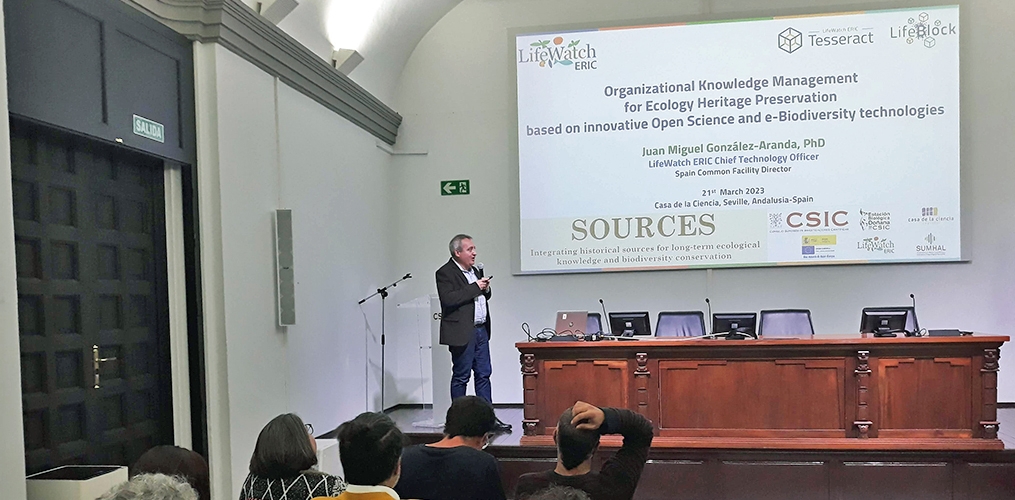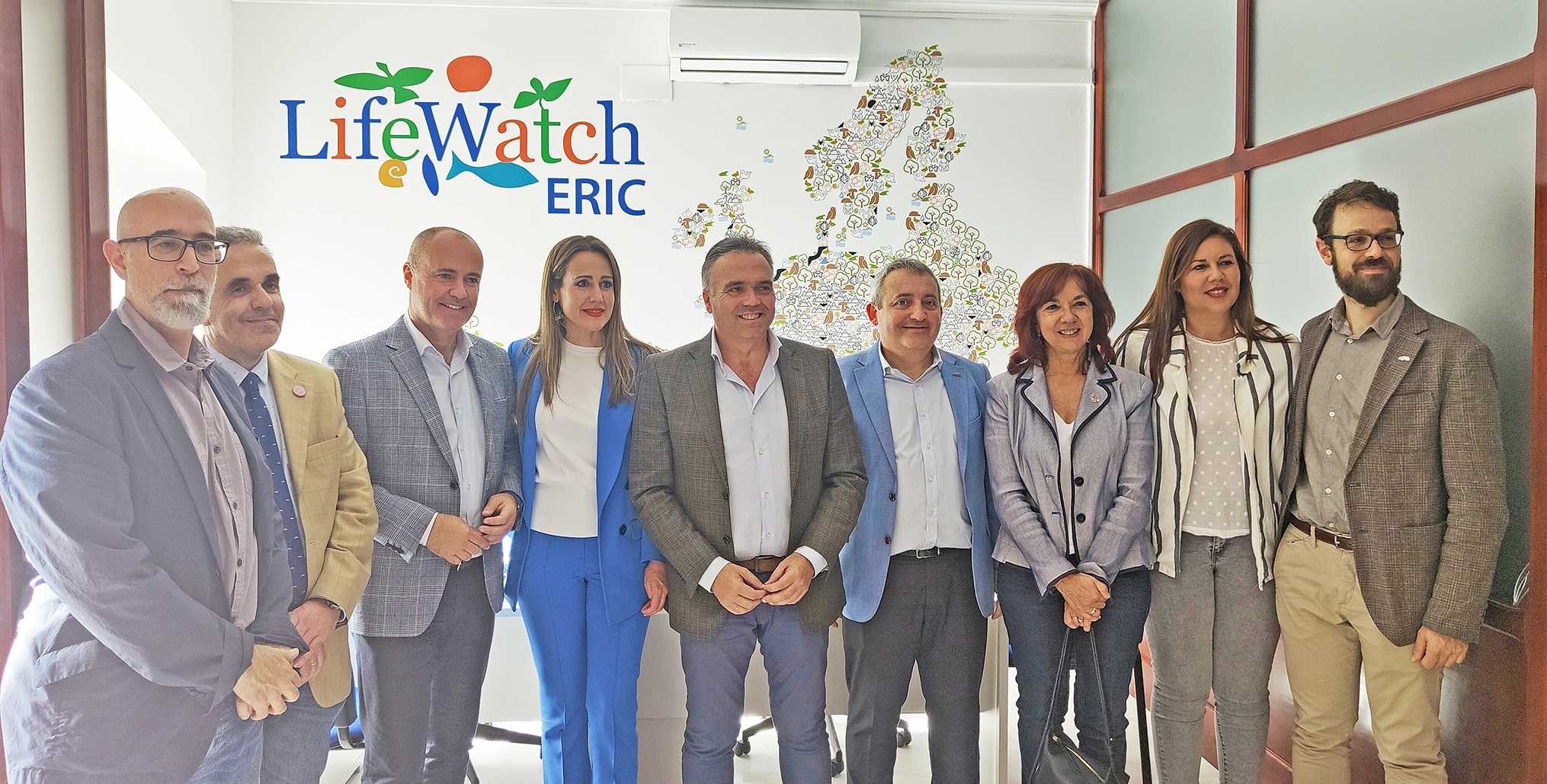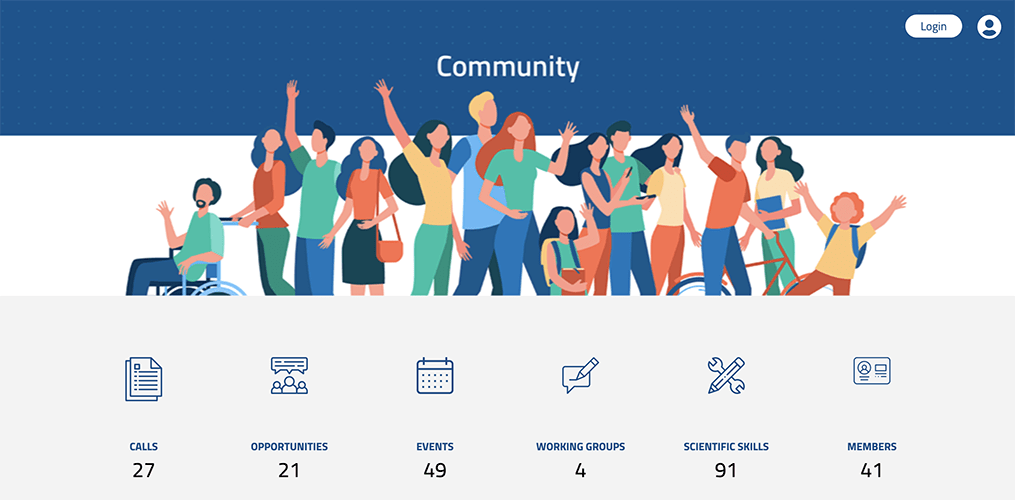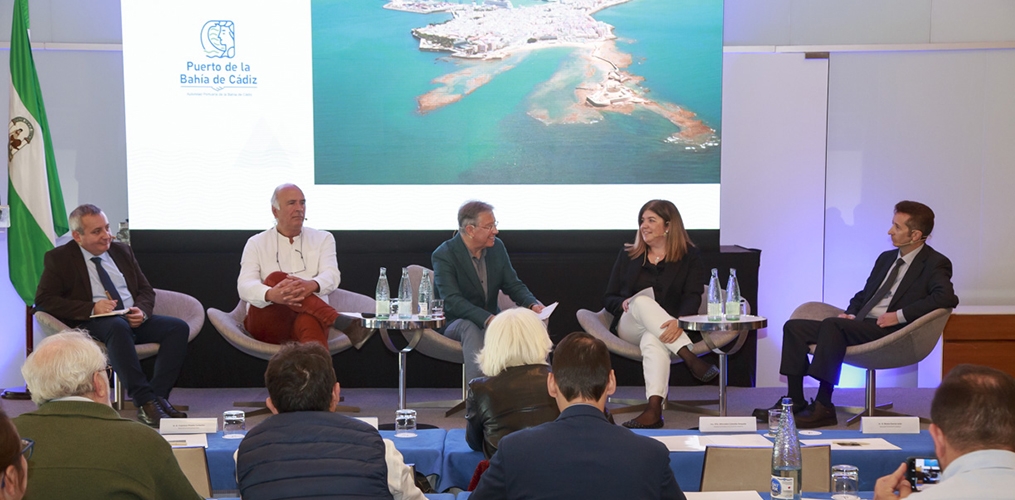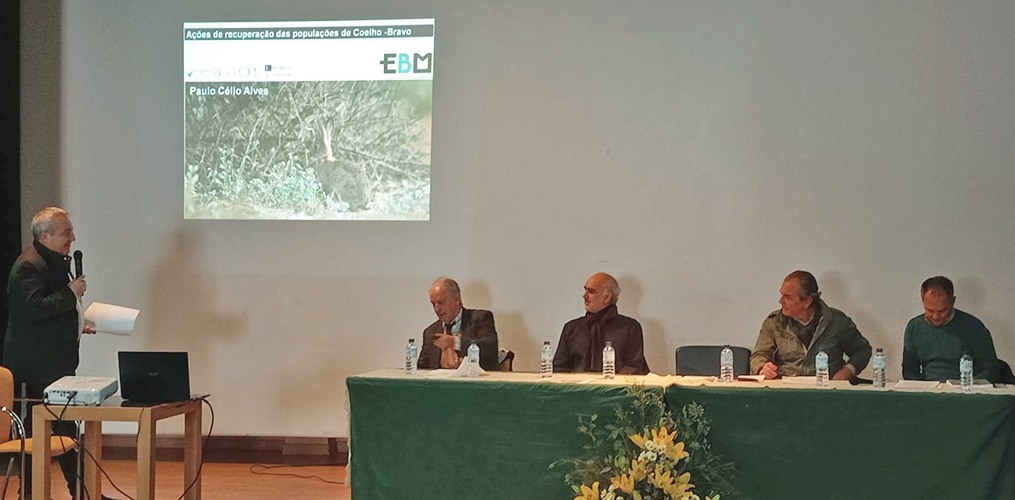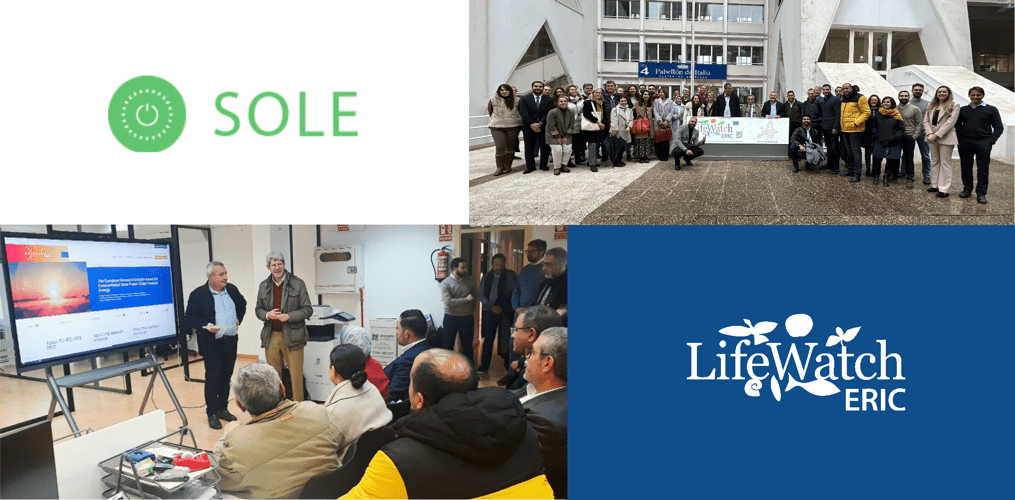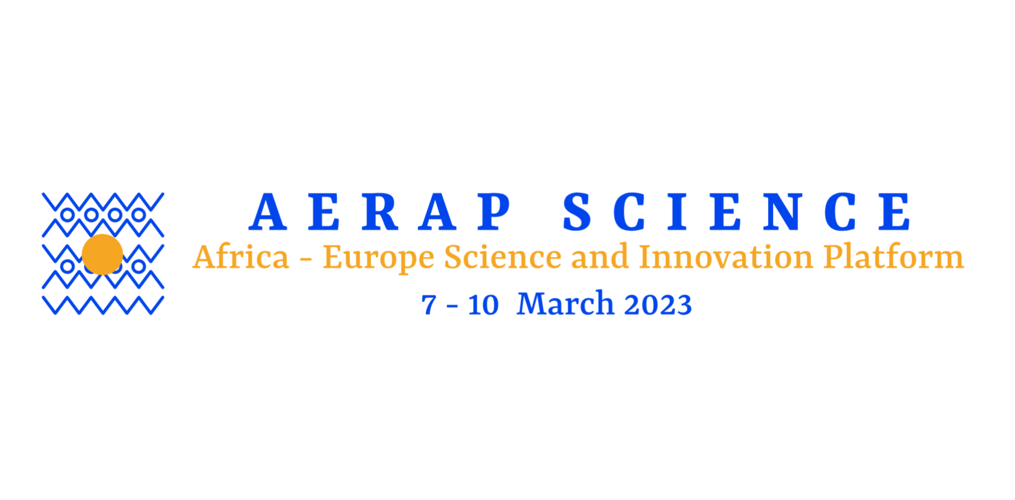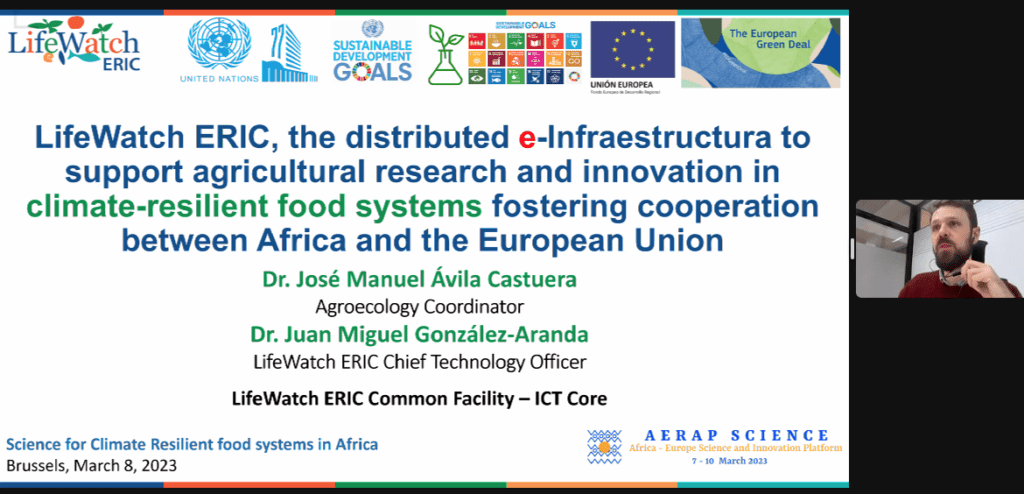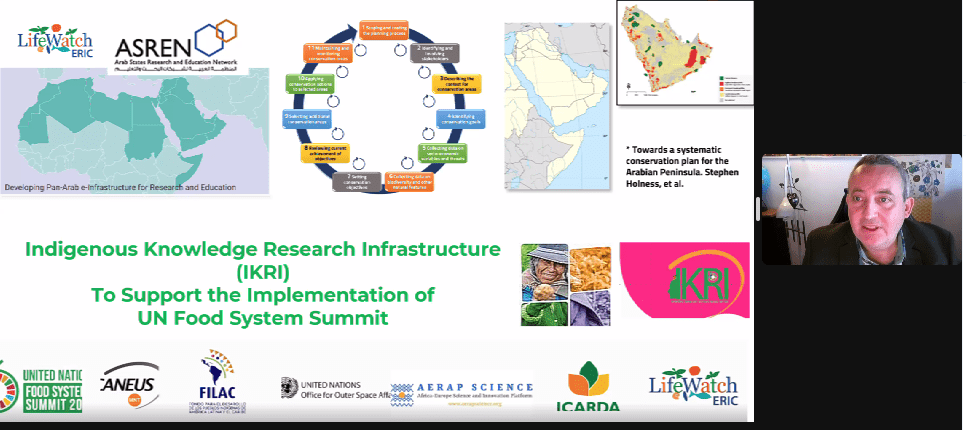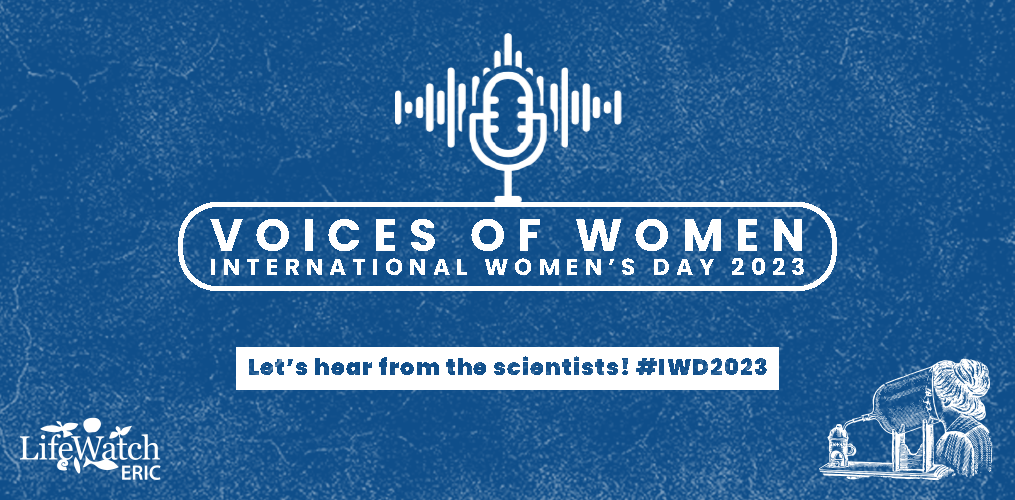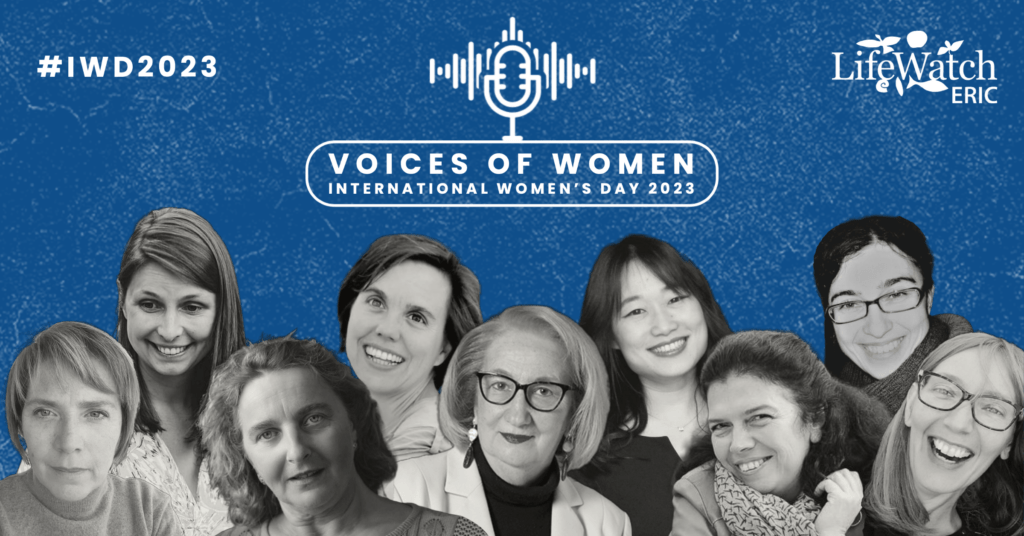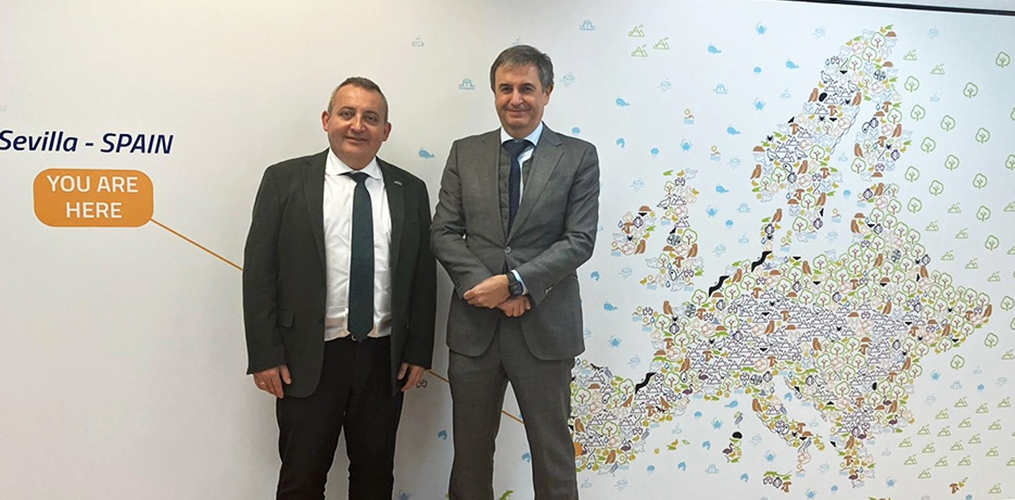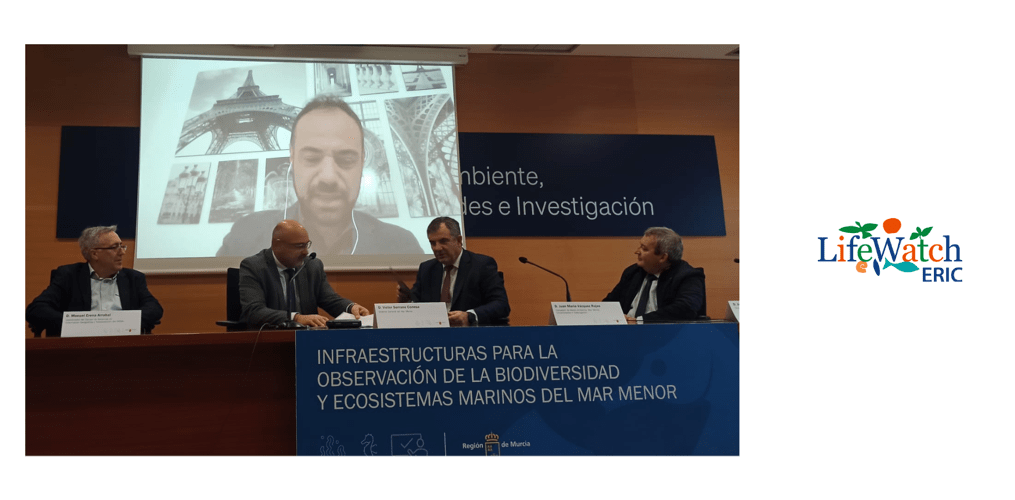LifeWatch ERIC contributed to the international ‘SOURCES’ workshop, in which more than 40 researchers from countries such as France, Germany, Canada, the United States, Poland, the Czech Republic, Ukraine, Denmark and Spain took part in Seville. Its objective was to integrate historical sources for long-term ecological knowledge and biodiversity conservation, part of WP3 of the SUMHAL Project, promoted by the Consejo Superior de Investigaciones Científicas (CSIC) and LifeWatch ERIC, and it is funded by the Spanish Ministry of Science and Innovation, through the European Regional Development Fund (ERDF). SUMHAL’s aim is to contribute to the conservation of biodiversity in natural or semi-natural systems of the western Mediterranean, based on high-tech infrastructures, and collaboration between highly specialised research personnel and the public.
Understanding the state of ecosystem and biodiversity distribution patterns in the past is crucial to understanding the complex relationships between human societies and environmental change and guiding natural resource management However, the information needed to generate this knowledge is scarce and often unavailable for researchers. It is often contained in a diverse array of historical sources (frequently ignored by environmental sciences) and equally diverse natural archives (e.g., archaeological or palynological records). SOURCES brought together a diverse group of scientists to identify sources of ecologically relevant historical information and explore the pathways to mine, standardise, mobilise and share this information.
The SOURCES workshop was coordinated by Miguel Clavero and Laetitia María Navarro, researchers from the Doñana Biological Station (CSIC). Among the varied and complementary presentations, there were: ‘Historical ecology through the eyes of a historian’, by Péter Szabo (Czech Academy of Sciences); ‘Historical ecology in cultural landscapes: highlights, challenges, new ideas’, by Chelsey Geralda Armstrong (Simon Fraser University, Canada); ‘Land use histories and their implications for conservation action’, by Catalina Munteanu (Humboldt University, Germany); ‘Changes in floral biodiversity over the last two thousand years’, by Adam Spitzig (Harvard University, USA); ‘The human niche and the rise of capitalism: applying Bayesian machine learning to causality modelling in historical social-ecological systems’, by Adam Izdebski (Max-Planck-Institut für Geoanthropologie, Germany); ‘Trophic rewilding restoration- insights from macro‐ and paleoecology’, by Jens-Christian Svenning (Aarhus University, Denmark); ‘How Early Modern paintings inform about historical aquatic biodiversity’, by Anne-Sophie Tribot & Thomas Changeux (Aix-Marseille University, France), among others.
At the Casa de la Ciencia, the CSIC’s institutional building in Andalusia, LifeWatch ERIC took part in the SOURCES workshop with the presentation ‘Organisational knowledge management for ecology heritage preservation based on innovative open science and e-biodiversity technologies’, by Juan Miguel González-Aranda, LifeWatch ERIC CTO. He raised the integrated assessment of cultural ecosystem services to preserve Cultural and Ecological Heritage and explained the steps to follow to identify cultural ecosystem services, then federate resources (combine several approaches: ecological, archaeological, historical, cultural, economic, etc.), generate data FAIRness (Findable, Accessible, Interoperable and Reusable), establish models and indicators to inform decision making.
